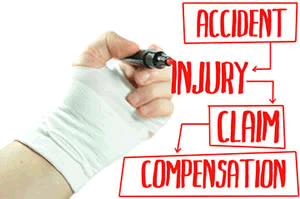Priority Claim
What does Priority Claim mean?
Priority claims are debts which cannot be discharged in bankruptcy and which must be paid in full. Priority claims can, however, be restructured within a bankruptcy repayment plan and repaid over a 3 or 5 year period. To determine how payments are made within a debtor's Chapter 13 bankruptcy repayment plan the court will review the debtor's income, expenses and priority debts.
Common priority debts can include certain taxes, obligations from a divorce or separation including child support and spousal support, salaries, wages and commissions owed to employees, criminal restitution owed by the debtor from a drunk driving conviction, and contributions to employee benefit plans.
Because not all debts are discharged in bankruptcy, including priority debts, bankruptcy is not the right financial decision for all debtors. For instance, if you have outstanding child support payments, back taxes and you owe another person compensation after losing a drunk driving civil case, you might have thousands of dollars of outstanding debts but you will not be able to discharge your debts. Your only option might be to file Chapter 13 and restructure your debt payments over a 3 to 5 year period with a debt repayment plan.
Lawyers near
Term of the Day
Indemnity Benefits
Indemnity benefits are monetary payments made to injured workers for protection against loss or damageCategory: Workers Compensation




